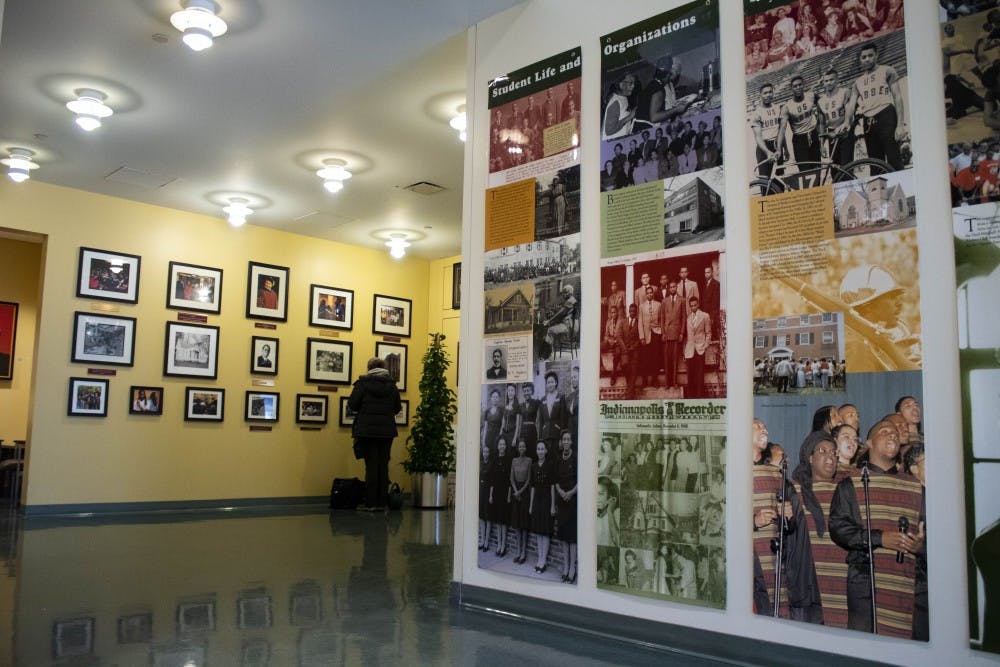Historian Carter Woodson created Negro History Week in 1926 hoping to advocate for the teaching of black history. Negro History week became Black History Month in 1976.
Although Black History Month is an important time to celebrate the achievements of black people, it is often a cop-out in education. The month is used as a time to throw in a history lesson or two, but no substantial education takes place.
The teaching of black history within American secondary schools is inadequate. It barely scratches the surface on the real history of black people in America.
And teaching it in isolation from the rest of American history perpetuates segregation and a divisive country.
According to a 2018 study by the Southern Poverty Law Center, titled “Teaching Hard History,” only 32 percent of high school seniors knew an amendment formally ended slavery in the United States. Additionally, only 8 percent of students could identify slavery as being the central cause of the Civil War.
These are basic, historical facts. It is disturbing that someone could ever name all of the presidents in the history of America but has no clue what the 13th Amendment is.
The study also found around 90 percent of teachers feel comfortable discussing slavery in the classroom. Unfortunately, they are often not given proper resources to have these important conversations, with 58 percent of teachers disagreeing to textbooks successfully covering slavery.
Out of 15 states that were analyzed during this study, there was a lack of meaningful requirements that involve slavery and white supremacy as a whole.
Schools typically go over the basics of slavery and then the civil rights movement. Slavery was legally abolished in 1865, and the civil rights movement began in the early 1950s. What about the one hundred years in between?
Yes, it could very well make people uncomfortable.
Discussing the true horrors of slavery, reconstruction and the Jim Crow South might not be one’s ideal day in history class.
Reading about lynching and beatings could create an uneasy feeling, but that is part of the learning process.
IU senior Montez Myles is a black student-teacher of eighth grade English at a middle school in Martinsville. Although he was skeptical of teaching in Martinsville due to its long history of racism, he has enjoyed his experiences thus far.
When Myles was growing up, he remembers learning solely about the civil rights era. He emphasized that he did not learn about the successes of black people, but only the struggles.
“It’s all struggle, struggle, struggle,” Myles said. “That should change.”
Myles thoroughly enjoys his ability to tie history into his English lessons. He recently had a lesson on segregation, and the students were able to analyze text from Martin Luther King Jr.
It was many students' first experience with the subject of civil rights and segregation, according to Myles. Many of the students felt guilty and had emotional reactions to the subject.
“It’s not about feeling guilty,” Myles said. “It’s about looking forward, trying to be a different person and positively impacting one another.”
As an educator, Myles hopes to change the way black history is viewed in education.
“My biggest goal in education is to change the stigma that black history has to be aggressive and about hatred,” he said. “It’s more about uplifting one another. It’s about looking at successes and being motivated. It does not all have to be depressing and controversial.”
This is an idea that needs more consideration in black history education.
A major part of black history stems around the intense racial divide, but the successes should be given just as much attention.
Black people’s artistic and cultural effects made during the Harlem Renaissance might have one section in high school history books.
For example the work of novelists such as Zora Neale Hurston and Maya Angelou receives minimal attention.
School systems are highly dependent on the state. Each state needs to develop a denser, stricter curriculum on what is taught involving black history.
Textbook companies need to be held accountable for having an adequate amount of information on black history. And, no, a page with Martin Luther King, Rosa Parks and Barack Obama is not enough.
We need more teachers like Myles who recognize the importance of the integration of black history in American school systems.
Let’s not celebrate Black History Month in vain.






